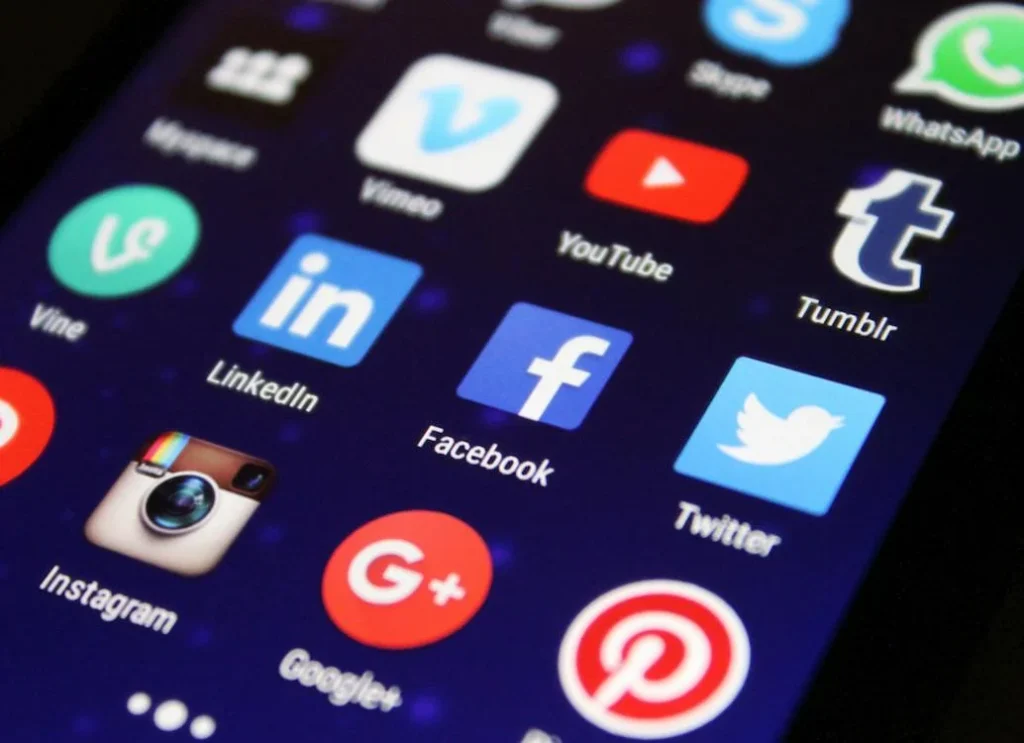In the age of interconnectedness, social media’s influence on the mental health of teenagers has become a silent crisis. Once celebrated for connecting the world, digital platforms are now under scrutiny for their profound effects on the well-being of the younger generation.
In this article, we will examine the silent crisis of teen mental health influenced by social media, covering neuroscientific impacts, algorithmic targeting, and lawsuits.
How Social Media Rewires Adolescent Brains
Recent studies dive into the neuroscientific mechanisms that underpin the addictive nature of social media, especially concerning adolescent users. According to the APA, the brain’s reward center responds to likes, comments, and shares, creating a cycle of reinforcement that mirrors addictive behaviors.
Social media platforms, notably Instagram and Facebook, are designed to trigger dopamine release, fostering repeated engagement and contributing to a rewiring of neural pathways. This phenomenon heightens the susceptibility of teenagers to social media addiction while raising concerns about its potential long-term impact on mental health.
How Social Media Targets and Shapes Teen Behavior
Algorithms wield significant influence in shaping the online experience for teenagers. Platforms like TikTok and Snapchat employ sophisticated algorithms to analyze user preferences and deliver tailored content.
While enhancing user engagement, this personalized approach has a downside—reinforcing unrealistic beauty standards, extreme challenges, and content that can contribute to mental health issues.
The algorithms, in their quest to maximize user interaction, inadvertently expose teens to content that may impact their self-esteem and overall well-being. Understanding the complex interplay between algorithms and adolescent behavior is crucial in addressing the mental health challenges posed by social media platforms.
The Legal Battleground
According to Tru Lawsuit Info, a growing number of lawsuits are shedding light on the profound impact of social media on adolescent mental well-being. These legal battles, currently consolidated under multidistrict litigation, thrust major social media companies into the spotlight, challenging their practices and accountability.
As per a February 2024 update from ConsumerNotice.org, 489 social media harm lawsuits have been filed. 399 of these still remain pending.
Allegations within these legal proceedings suggest that social media companies were aware of the associated mental health risks. Whistleblower revelations and leaked internal documents, such as those from Meta, indicate a level of awareness. The central issue revolves around whether these platforms prioritized profit over user well-being, sparking discussions about the responsibilities of these tech giants.
Amidst the legal battles, there is a broader societal conversation surrounding the question: is deleting social media a sign of depression? The correlation between social media use and mental health has prompted some individuals, especially teens, to opt for a digital detox.
Deleting or stepping away from social media can be seen as a coping mechanism, an acknowledgment of the potential negative impact on mental health. While it’s essential to recognize individual choices, this also raises questions about the societal norms and pressures tied to online presence.
Legal outcomes could shape perceptions of social media as a mental health threat, potentially influencing users to disengage for self-preservation.
Teen Vulnerability
Adolescence, a critical period of rapid brain development, renders teens uniquely vulnerable to the addictive nature of social media. The brain’s growth during this phase, coupled with the desire for social connection, makes teens more susceptible to constant updates and engagement.
According to NBC News, this heightened vulnerability can exacerbate mental health disorders such as anxiety, depression, ADHD, and body dysmorphia. Understanding the intersection of social media use and teen development is crucial for implementing targeted interventions and educational initiatives.
As parents and educators grapple with the challenges posed by these platforms, acknowledging the distinct risks faced by teens becomes necessary.
Instagram’s Role in Social Media Addiction
Instagram, hailed for its visually appealing content, inadvertently created a perfect storm contributing to social media addiction and its associated consequences, notably eating disorders. The platform’s emphasis on curated lifestyles and personal beauty can lead to body image issues among impressionable teenagers.
A 2021 experiment by CNN, creating a dummy account for a 13-year-old girl, exposed Instagram’s promotion of accounts like “Sweet Skinny” and “Wanna Be Skinny.” Studies have linked higher Instagram use to an increased tendency towards orthorexia nervosa, an obsession with healthy eating often associated with anorexia.
This alarming connection raises concerns about the ethical responsibility of social media platforms in safeguarding the mental health of their younger users.
Mitigating Teen Mental Health Risks
As legal battles unfold and revelations regarding social media’s impact on teen mental health surface, the focus shifts to the road ahead. A comprehensive approach is necessary, involving legislative measures, platform reforms, and collaboration among stakeholders to create a safer digital environment for the younger generation.
Addressing the teen mental health crisis requires a nuanced understanding of the challenges posed by social media and a commitment to implementing solutions. Promoting digital literacy and user well-being through technological innovations is a shared responsibility to guide teens in maintaining a balanced relationship with social media.
In summary, the entwined dynamics of social media and teen mental health necessitate immediate action. Scientific insights into addictive mechanisms, algorithmic pitfalls, and escalating lawsuits underscore the urgency for comprehensive interventions.
The heightened vulnerability of adolescents, coupled with platform-specific concerns like Instagram’s role in body image issues, demands a collective commitment to reform. As legal battles unfold, the imperative lies in fostering digital literacy, legislative measures, and platform reforms.
The evolving narrative calls for a recalibration of societal norms regarding online presence. This emphasizes a holistic approach to safeguarding the mental well-being of the younger generation in the digital age.


